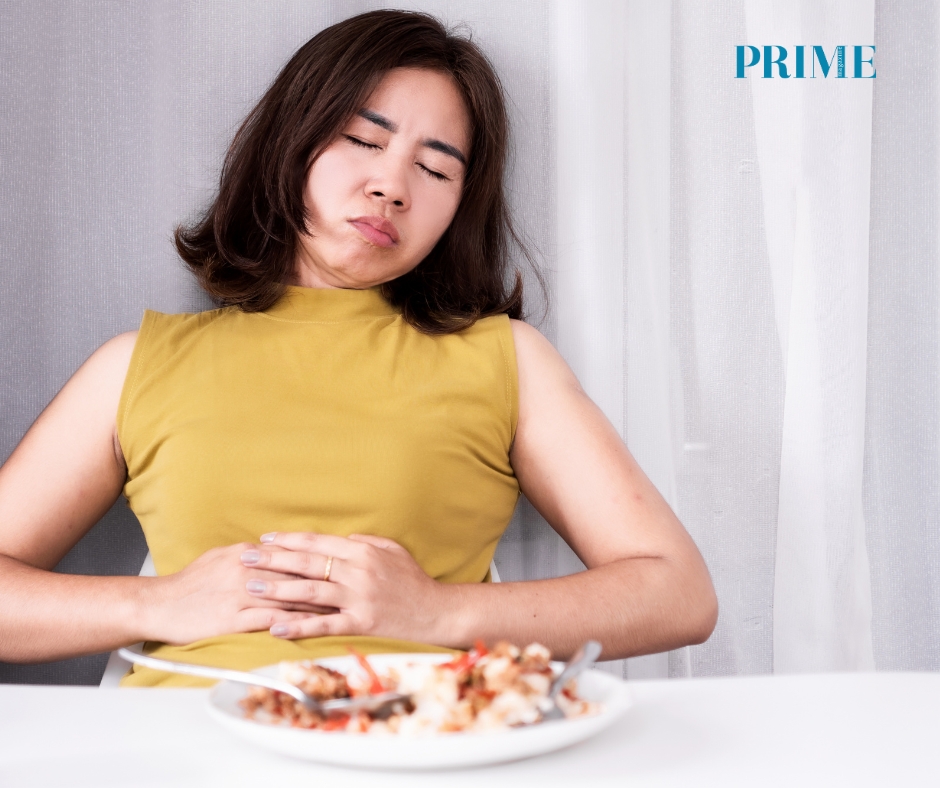
We’ve all been there — your jeans feel tighter, your stomach feels stretched, and you’re left wondering: “What did I eat to deserve this?”
But here’s the truth: bloating isn’t always caused by food. While diet plays a role, it’s not the whole story. Stress, hormones, gut imbalances, and even posture can all leave you feeling puffy, gassy, and uncomfortable.
Let’s unpack the real reasons behind your bloating — and what you can do to find relief.
First, What Is Bloating Exactly?
Bloating is the feeling of fullness, tightness, or swelling in the abdomen. It might come with gas, burping, or discomfort. Sometimes your stomach looks visibly distended — other times, it just feels like it.
It’s incredibly common and affects women more often than men. And while occasional bloating is normal, frequent or chronic bloating could point to something deeper.
5 Surprising Causes of Bloating That Aren’t About Food
1. Stress and Anxiety
Your brain and gut are closely linked through the gut-brain axis. When you’re stressed, your digestive system can slow down or spasm. This leads to trapped gas, constipation, or a “knot in your stomach” feeling — aka bloating.
Chronic stress can also affect gut bacteria, making bloating worse.
Try this: Deep breathing, regular sleep, journaling, or gentle yoga can help reduce stress-related digestive symptoms.
2. Hormonal Fluctuations
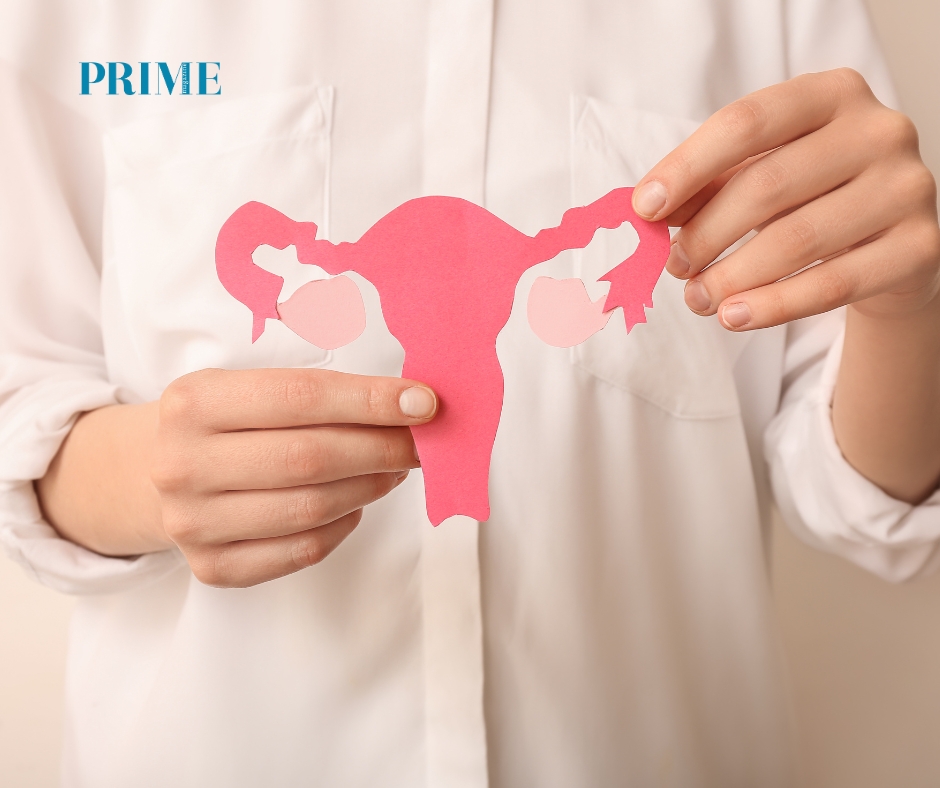
Bloating is a common symptom before your period. That’s because changing levels of estrogen and progesterone affect water retention and digestion.
Some women also experience bloating during ovulation or menopause. Hormonal imbalances like PCOS or thyroid disorders can also play a role.
Try this: Track your cycle to see patterns. Drink more water and cut back on salt during PMS to reduce water retention.
3. Poor Gut Motility
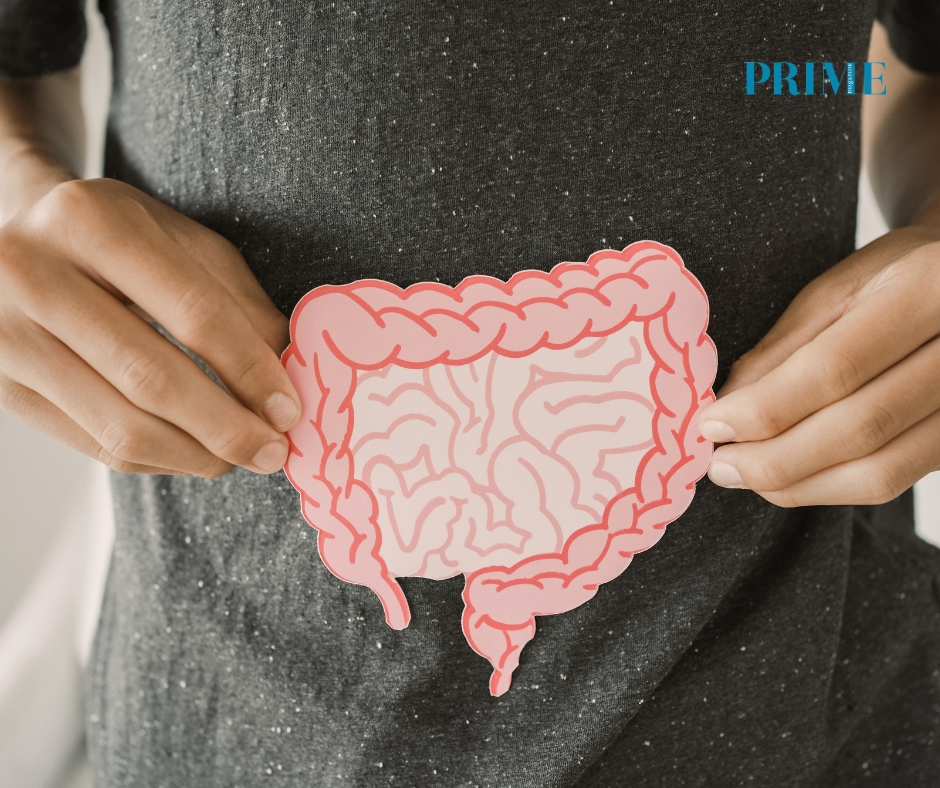
If your digestion is slow, food and gas can build up — leading to bloating. This is known as slow gut motility.
It can be caused by low fibre, dehydration, inactivity, or nerve-related conditions like IBS.
Try this: Walk daily, drink enough fluids, and eat fibre-rich foods to keep things moving.
4. Imbalance in Gut Bacteria
Your gut is home to trillions of bacteria that help digest food. When that balance is off (due to antibiotics, poor diet, or illness), bloating can follow. This is often seen in conditions like SIBO (Small Intestinal Bacterial Overgrowth) or dysbiosis.
Try this: A diet rich in prebiotics and probiotics can support good gut health. In stubborn cases, consult a doctor or nutritionist for tailored advice.
5. Posture and Breathing
Believe it or not, how you sit or breathe can affect digestion. Slouching compresses your organs, and shallow chest breathing reduces oxygen to the gut.
Try this: Sit upright when eating, avoid lying down immediately after meals, and practise belly breathing to support digestion.
When to Worry About Bloating
Bloating is usually harmless — but see a doctor if you experience:
-
Sudden, severe, or persistent bloating
-
Unexplained weight loss
-
Blood in your stool
-
Fever, vomiting, or severe pain
These could be signs of more serious conditions like ovarian cysts, endometriosis, celiac disease, or gastrointestinal disorders.
Quick Tips to Beat the Bloat

-
Eat slowly and chew thoroughly
-
Avoid carbonated drinks
-
Skip gum and straws (they cause air swallowing)
-
Try peppermint tea or ginger after meals
-
Stay active daily
In a Nutshell
Bloating isn’t just about what’s on your plate — it’s also about what’s going on in your body and mind. From hormones and stress to gut health and posture, many hidden factors could be to blame.
If you’ve ruled out food and still feel bloated, take a broader look. Sometimes, the answer isn’t cutting something out — it’s tuning into what your body truly needs. PRIME









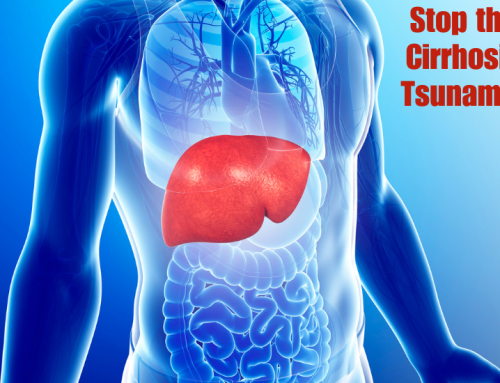
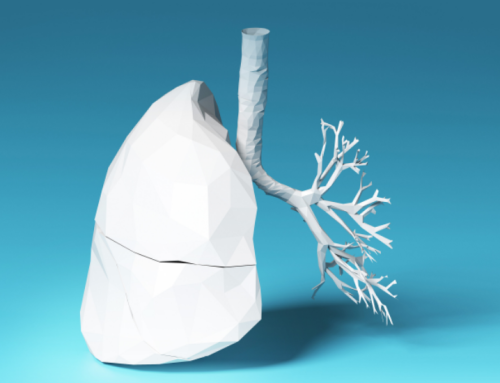


Leave A Comment